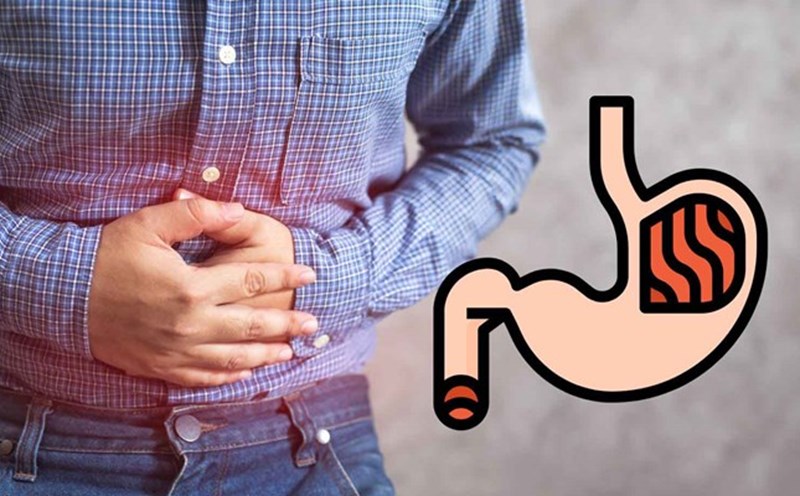According to nutritionist Akanksha Pandey (India), within just 30 minutes of a meal, we can know whether our digestive system is working stably or not.
Post-meal intestinal tests include 5 common signs and how to decode them:
Sleep apnea after eating: May be caused by hypoglycemia.
- a little too much: Signs of lack of stomach acid.
Bloating: Signs of poor digestion.
Chest tightness: May be intolerant to food.
Go to the toilet immediately after eating: Warning of intestinal microflora disorders.
Clinical nutritionist Aishwarya ( Sri Ramachandra district, Chennai, India) added that if you feel sleepy after meals, it is not necessarily a sign of serious hypoglycemia.
This can be due to excessive insulin release or underlying insulin resistance, but self-dygnosis should not be based on this feeling alone.
With the phenomenon of belching, Ms. Aishwarya believes that the more common cause is swallowing air or acid reflux, not simply a lack of stomach acid. bloating after eating, especially after 30 minutes, can be related to low production of bile or lack of digestive enzymes, not always a weak digestive system.
Notably, feeling chest tight after eating is not necessarily a typical sign of food intolerance as many people think. This can be a symptom related to inflammation, reflux or other digestive reactions.
In particular, having to go to the toilet immediately after eating can be a sign of irritable bowel syndrome (IBS) or overgrowth of gut bacteria (SIBO). These problems need to be assessed through gut microbiota or breathing tests, says Aishwarya.
How to balance the intestinal microflora
Dr. Vikas Jindal (CK Birla Hospital, Delhi) emphasizes that intestinal microbial disorder is an imbalance in the intestinal microbiome, which plays a vital role in digestion and immunology. If left unchecked, this condition can lead to chronic inflammation, IBS and even autoimmune diseases.
The consensus-based sustainable solution is to focus on a diet rich in fiber and naturally fermented foods, such as yogurt, kefir, garlic, onions and bananas, instead of overusing functional foods without medical guidance.
Listening to your body and adjusting promptly is the first step to improve gut health and improve the quality of life every day.











